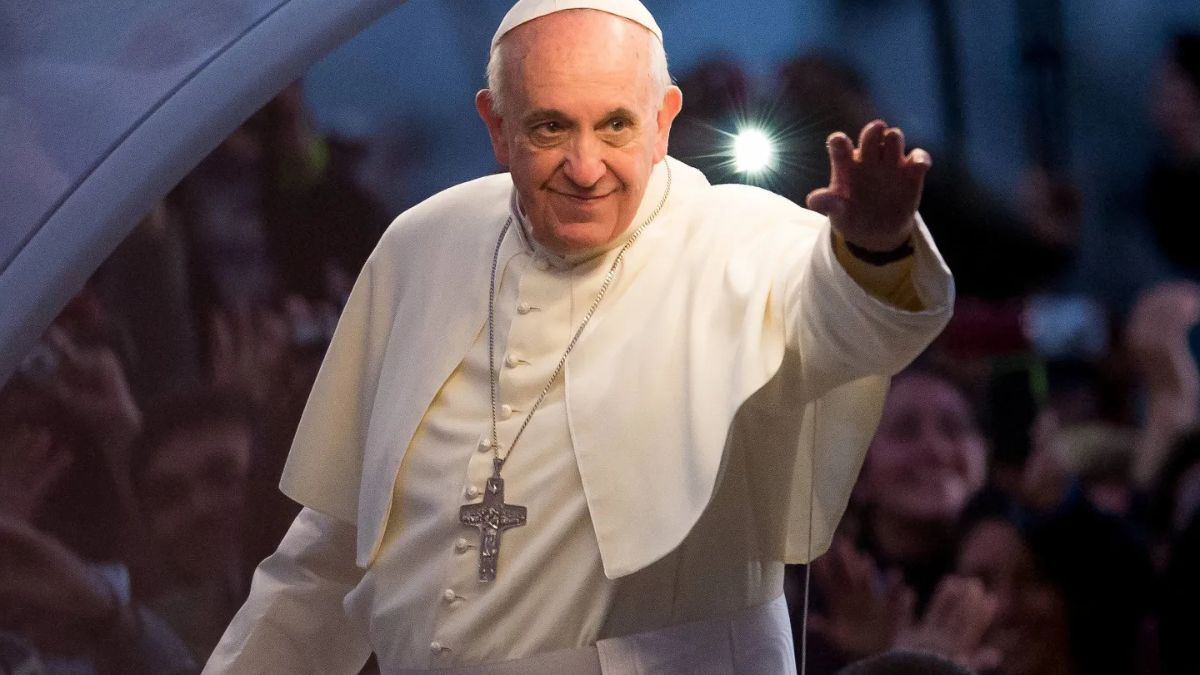

The Church, Singles, and Calling
Balancing the Biblical response to living single or married as serving.
08/31/23
John Stonestreet and Jared Hayden

Americans today are getting married later in life than their parents or grandparents. As of 2022, the average age at which Americans get married is 28 for women and 30 for men. This is eight years later in life than the average bride and groom of the 1960s.
As many have noted, today’s spike in singleness and single-person households is, in part, the result of a widespread cultural erosion of marriage, both inside and outside of the Church. Over the past 60 years, marriage has taken a social and cultural beating thanks to the legalization of no-fault divorce and abortion, the widespread use of birth control, the proliferation of easily accessible hook-up apps, and the casual dominance of pornography. These realities undermine the maturity, self-control, and responsibility required for stable and successful marriages. Whether or not an individual chooses to engage in these practices, they decrease everyone’s chances of finding a partner interested in or ready for marriage.
In the wake of this cultural erosion, the Church has had to make necessary and prudential efforts to reinforce marriage and family life as the God-given norm, reaffirming the goodness of marriage and family life in its teaching, serving as a space for Christians who desire marriage to find a spouse, and offering support and recovery for those fighting the temptations of “free love.” However, in these efforts, the Church has often struggled in its approach to singles. While not intentionally excluding singles, the Church has often failed to intentionally include singles—whether young or old, never married or widows/widowers—and create space for them to participate and serve in the life of the Church apart from the pursuit of marriage. In the process, some churches have even given the impression that singleness is only a problem to be fixed, rather than a calling that some have for part or all of their lives.
Though unusual as a long-term vocation, singleness is a biblical, God-ordained calling within which individuals show God’s image and serve Him and His Church with single-minded, self-sacrificial devotion. Scripture presents single people as whole persons who bear the image of God. Unlike other creation stories (like Plato’s Timaeus), Genesis 2 does not present Adam and Eve as half persons made whole by joining in marriage. Rather, Adam was created a complete person who, in his singleness, reveals God’s image. When God declares that Adam’s aloneness is “not good,” He does not thereby imply that Adam was half of a person. Marriage unites the man and the woman as “one flesh” precisely because both are full persons who bear the image of God. Because singles bear God’s image, they are capable of revealing His image in their singleness.
Additionally, through Christ’s redemption, singles have a means to devote themselves to Christ and His Kingdom in a way that married people, on account of simple logistics, cannot. Through faithfulness and chastity, Christian singleness—whether temporary or lifelong—also points to the mystical union believers have with Christ. Because of this union, those who are single can be free from the anxieties of this present, passing age and can focus on the work of God’s Kingdom (1 Corinthians 7:32-35). Their joyful, single-minded devotion paints a picture of life in the age to come, an age where we “neither marry nor are given in marriage.”
In affirming the biblical legitimacy of singleness, the Church must avoid swinging too far in the other direction by elevating singleness over and against marriage. Just as being less common doesn’t make singleness abnormal or aberrant, neither does its extraordinariness make it intrinsically holier than marriage. Like the widow and her mite, the married couple with young children honors God. A husband and wife are not more mature by virtue of their marital status. Both singleness and marriage are ways for humans to bear God’s image and glorify Him. Both singleness and marriage can be distorted by sin and selfishness.
For a number of reasons, extended singleness is a reality that many, young and old, face today. God is not surprised by this. Rather, He has called his people to live in “such a time as this.” In such a time, the Church has a responsibility not only to recover and uphold the institution of marriage but to graciously help people live out their singleness in self-sacrificial faithfulness. Pitting marriage and singleness against one another, as if one were better or holier than the other, will only lead to incomplete ministry that abandons believers to the strong undertow of cultural brokenness.
This Breakpoint was co-authored by Jared Eckert. For more resources to live like a Christian in this cultural moment, go to breakpoint.org.
Have a Follow-up Question?
Up
Next

Related Content

© Copyright 2020, All Rights Reserved.













